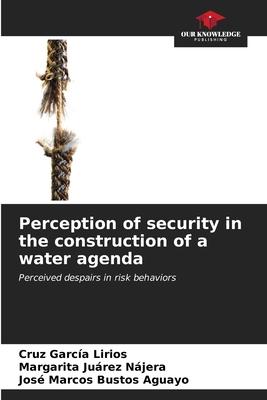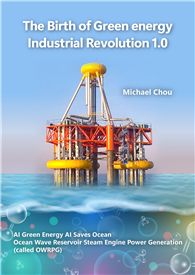The present work is approached from demographic (austere population density), historical (norms and values of saving or waste), economic (competitions for scarce water resources), political (representativeness of citizen demands), structural (waste capitals), cultural (availability beliefs), cognitive (environmental awareness), media (mediatized opinion) and community (identity and spatial appropriation) domains with the purpose of modeling the determinants of a water services security agenda.
| FindBook |
有 1 項符合
Perception of security in the construction of a water agenda的圖書 |
 |
Perception of security in the construction of a water agenda 作者:García Lirios 出版社:Our Knowledge Publishing 出版日期:2023-10-16 語言:英文 規格:平裝 / 112頁 / 22.86 x 15.24 x 0.69 cm / 普通級/ 初版 |
| 圖書館借閱 |
| 國家圖書館 | 全國圖書書目資訊網 | 國立公共資訊圖書館 | 電子書服務平台 | MetaCat 跨館整合查詢 |
| 臺北市立圖書館 | 新北市立圖書館 | 基隆市公共圖書館 | 桃園市立圖書館 | 新竹縣公共圖書館 |
| 苗栗縣立圖書館 | 臺中市立圖書館 | 彰化縣公共圖書館 | 南投縣文化局 | 雲林縣公共圖書館 |
| 嘉義縣圖書館 | 臺南市立圖書館 | 高雄市立圖書館 | 屏東縣公共圖書館 | 宜蘭縣公共圖書館 |
| 花蓮縣文化局 | 臺東縣文化處 |
|
|
圖書介紹 - 資料來源:博客來 評分:
圖書名稱:Perception of security in the construction of a water agenda
|











